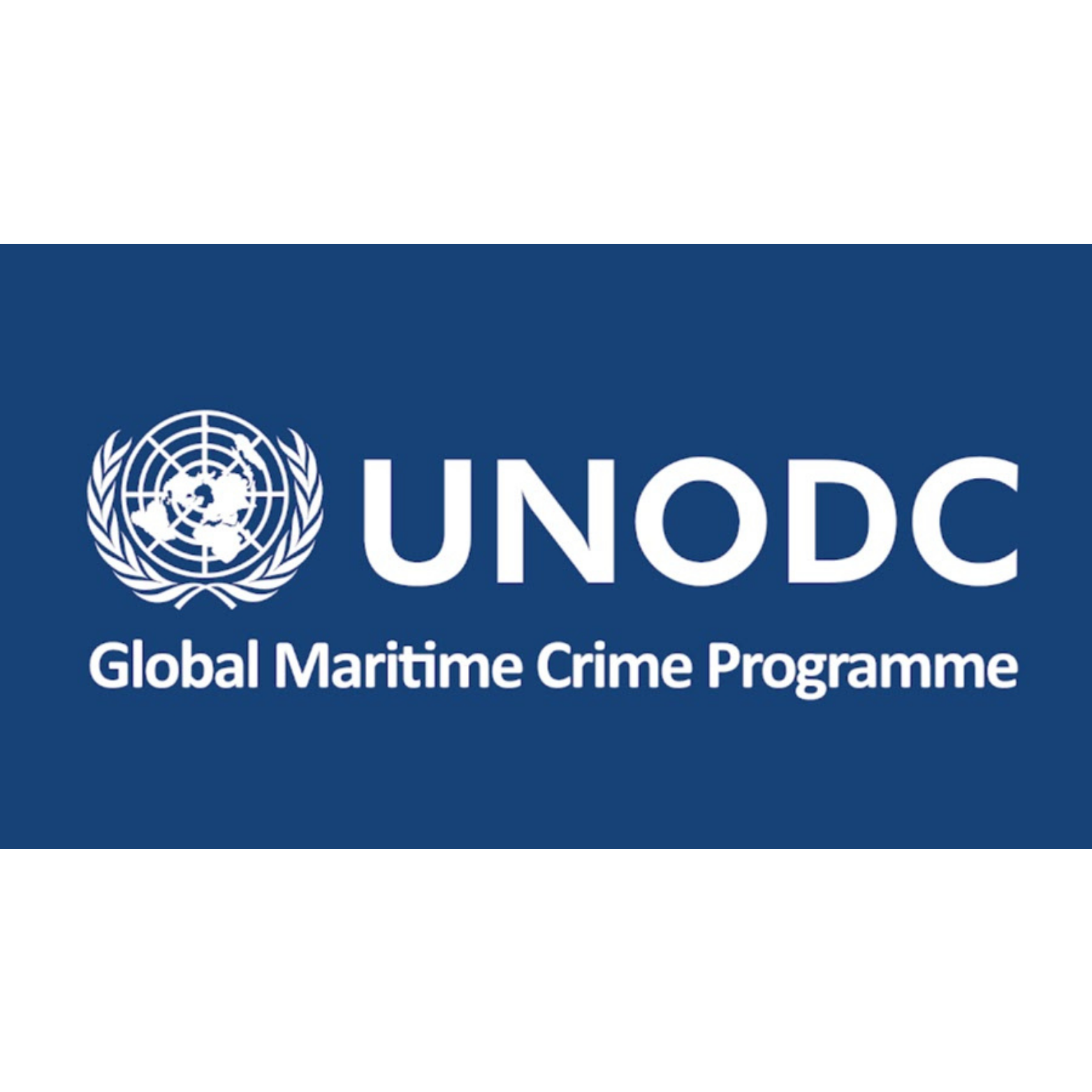
The GMCP – Global Maritime Crime Program helps Member States to improve and coordinate their efforts against maritime crime. Implemented by UNODC, GMCP is present in 90 countries in Latin America and the Caribbean, Africa, Asia, Europe and Oceania.
Maritime crimes combatted by GMCP include chemical, biological, radiological and nuclear threats; firearms trafficking; drug trafficking; human trafficking and migrant smuggling; crimes in the fishing sector; and environmental crimes.
For more information and results by regions and continents, visit the GMCP global website (in English).
Tactical-level capability building and regional standardization: GMCP staff work with Member States and their maritime forces to identify and deliver the skills that will help them respond effectively to events at sea. The program operates not only at sea, but also in rivers.
Cooperation at operational level: GMCP staff continue to support countries to achieve greater cooperation at both national and regional levels under existing and new cooperation frameworks for more effective judicial and operational responses to maritime crimes.
Legal completion and legal cooperation: GMCP develops advanced prosecutorial capabilities and supports networking among frontline investigators and prosecutors to ensure strong legal completion of maritime crimes.
Mapping of emerging and evolving threats: GMCP identifies and analyzes new maritime crime trends and links to enable Member States to develop informed responses.